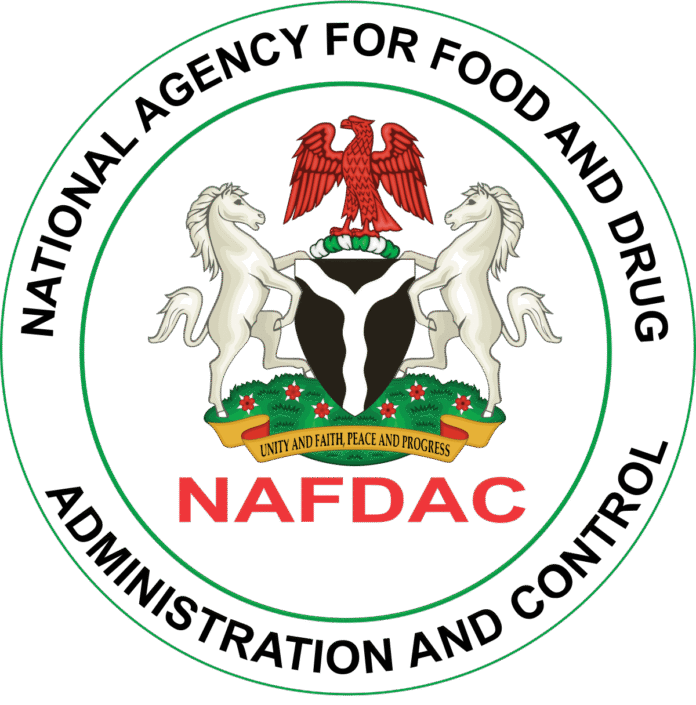By Fatima Mukhtar
The National Agency for Food and Drug Administration and Control (NAFDAC) has entered into a partnership with the Nigeria Natural Medicine Development Agency (NNMDA) to develop scientifically proven herbal medicines that meet international standards of safety and efficacy.
The collaboration aims to promote research, clinical trials, and proper documentation of locally made herbal products, ensuring they are safe, effective, and globally acceptable. According to NAFDAC, herbal products currently listed by the agency are only granted temporary approval based on laboratory safety evaluations, but to receive full registration, they must undergo clinical trials to prove their effectiveness.
Under the new framework, herbal medicines that pass these trials will be given a five-year approval, while those still under evaluation will continue to hold a two-year listing status. The move is expected to enhance consumer confidence in traditional medicine and position Nigeria as a leader in scientifically backed natural health products.
Director-General of NAFDAC, Prof. Mojisola Adeyeye, emphasized that the partnership will bridge the gap between traditional medicine and modern science. She said the agency’s goal is to integrate validated herbal remedies into the national healthcare system and support innovators with regulatory guidance.
According to Punch, the Director-General of NNMDA, Prof. Martins Emeje, said the agency is committed to helping Nigeria harness its rich biodiversity by promoting research, standardization, and capacity building in herbal medicine production. He noted that the partnership will also address key challenges such as inadequate funding for clinical trials, weak infrastructure, and limited access to scientific data.
Experts believe the partnership could reduce Nigeria’s reliance on imported medicines and boost the local economy if implemented effectively. However, they stress that the cost of clinical trials remains a major hurdle for many traditional medicine practitioners.
The agencies also plan to develop a national herbal pharmacopoeia, digital databases, and quality standards to support the growth of the herbal medicine industry in Nigeria.




